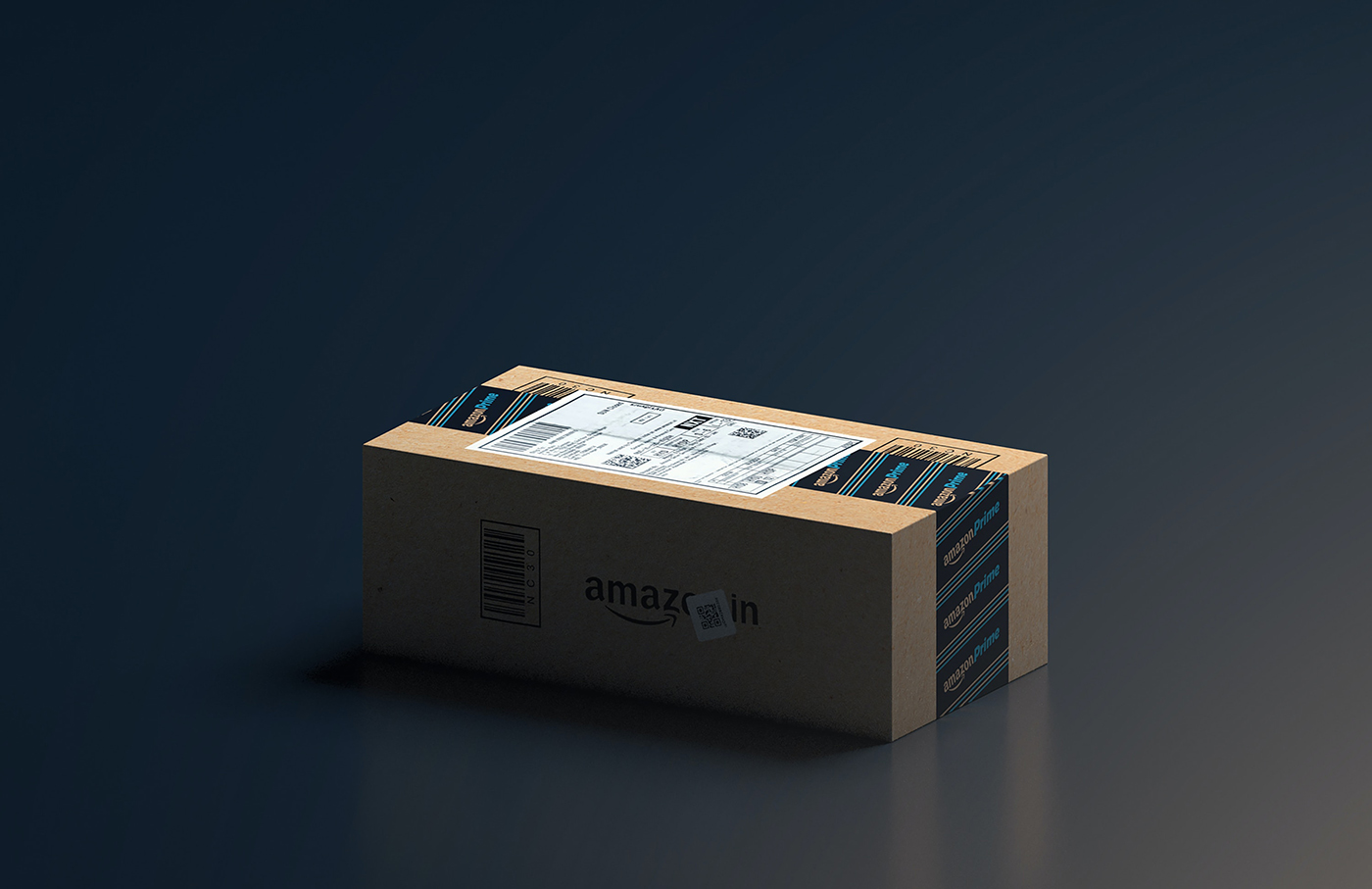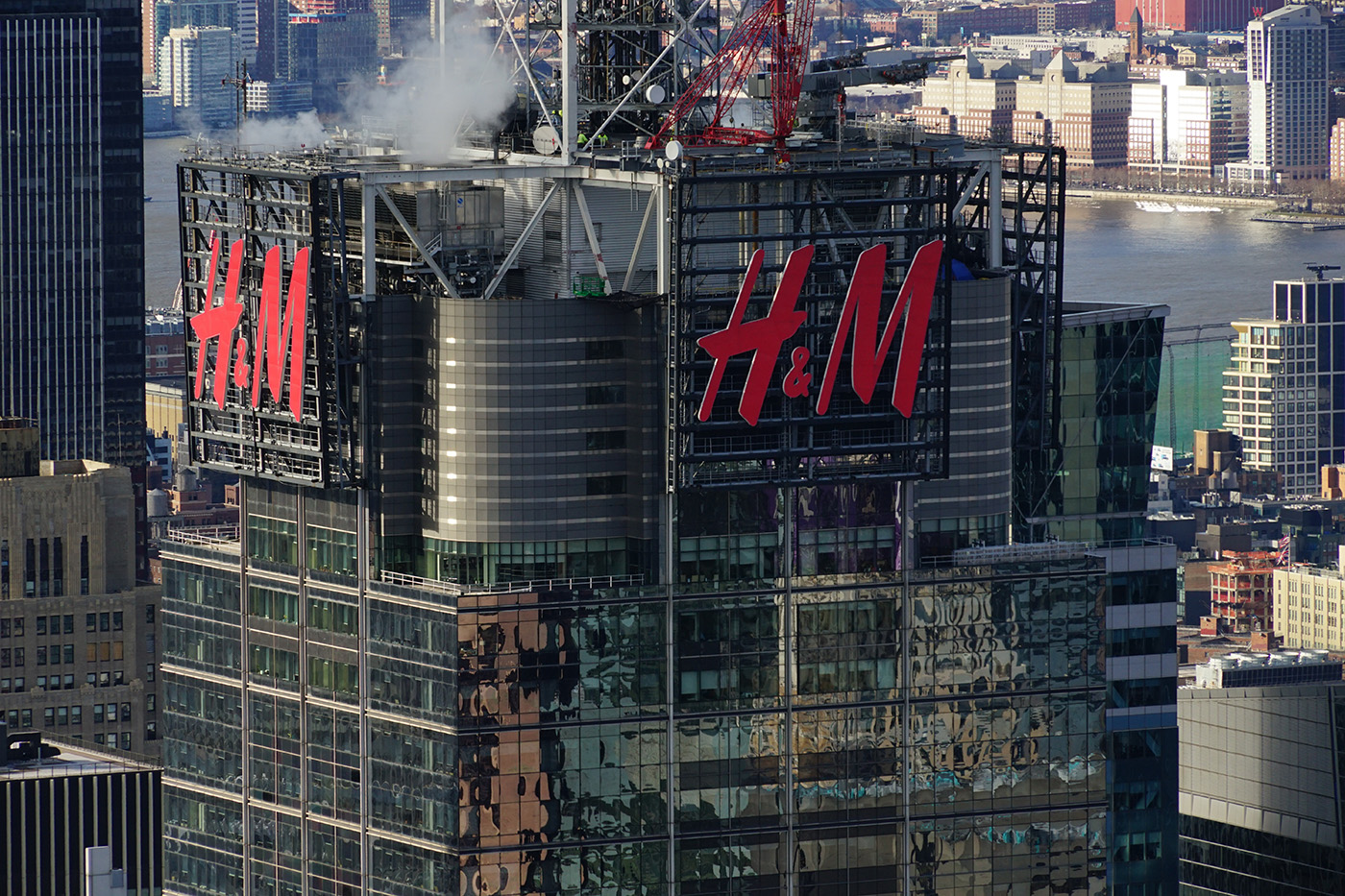Ethics-washing is yet another thing to be aware of when researching business practices, but what does it look like? We’ve put together a few examples here.
You may have come across a recent article we wrote regarding this hot topic in the world of sustainability. In it, we go over some key phrases to be wary of when scrolling through a brand’s code of ethics, and then break down how ethics-washing varies from greenwashing.
To summarise, ethics-washing:
- Emphasizes people, company culture, and sometimes animals.
- It is about the extent to which existing ethics and labour laws are followed (or not).
- Isn’t yet regulated.
- Is more targeted at employees and applicants.
- Window dresses a brand or company so that they seem better than they are.
It can necessitate some digging when you see the following lines without any substantial proof:
- “We follow legal requirements”.
- “We pay fair wages”.
- “Materials are ethically sourced”.
- “We’re a family”.
With these principles top of mind, we figured there was no time like the present to look at some high-profile examples that have come to light in the past few years. If you’re keeping up with the world of sustainability you’ll likely be familiar with their transgressions, but a little reminder is always good:
Amazon
It’s no secret that Amazon has a rough track record with sustainability and greenwashing. Many of us are left with the ethical dilemma of purchasing cheaply made, mass-produced products with the convenience of clicking and collecting virtually anything you could need.
The reality is that this convenience comes at both an environmental and human cost. Amazon’s greenwashing has been well-documented, so we’ll leave that for now. From an ethics-washing perspective, you can simply check the Amazon website to find statements such as:
- “The federal minimum wage in the U.S. is too low and should be raised.”
- “All people should have access to housing they can afford.”
- “The inequitable treatment of Black people is unacceptable.”
- Or, “Consumer data privacy should be protected under federal law.”
And yet, it isn’t hard to find a long list of alleged employment rights violations, racism, and privacy concerns in the US alone.
- This year, three Amazon delivery drivers filed a class action lawsuit claiming inhumane working conditions that stopped them from using the washroom while working.
- In 2022, 26 current and former Amazon employees reported a racially hostile work environment.
- Amazon also had to pay $25M to settle allegations that it violated children’s privacy rights with its Alexa voice assistant.
Nestlé
You don’t have to do much digging to find a laundry list of Nestlé controversies. It has recently released ambitious sustainability goals but fails to avoid scrutiny for its commitment and follow-through.
Beyond Nestlé’s much-discussed instances of greenwashing, they’ve also had a healthy dose of ethics-washing.
The Nestlé website has a massive sustainability section, making statements like:
- “Integrity and fairness are part of everything that we do, enabled by robust governance, monitoring, and risk management.”
- “Tackling child labor risks is a critical part of a just transition to a fairer and more sustainable food system.”
- “Just as we aim to be a ‘force for good’ in society, we are also committed to enhancing the health, well-being, and safety of our employees.”
Honestly, the pages feel convincing. And, if Nestlé could pull it all off, it would greatly affect the world. The problem is that headlines over the last few years don’t align with what they have written, including:
- Drawing creeks dry to then bottle and sell the water.
- The use of child labour in cocoa plantations in West Africa.
- The bullying of an employee-turned-whistleblower regarding food safety.
H&M
This fast-fashion titan has a well-documented history of issues. It has made progress over the past few years, but it still faces several issues including the unsustainable rate at which it produces clothing (16 collections per year!) and the recyclability of the materials it uses.
On the human front, H&M claims:
- “Respecting human rights is essential for us to operate successfully and is closely aligned with our values.”
- “Everyone should have access to decent, meaningful jobs with fair compensation and benefits, in safe and secure workplaces that are free from discrimination and with the right to freedom of association.”
- “As one of the biggest fashion companies in the world, we have an important role in empowering workers and improving livelihoods to contribute to the socio-economic development of countries where we produce.”
With all that said, and all the efforts they are making, H&M still struggles with ethical issues such as:
- Allegedly paying Bangladesh suppliers less than production cost after failing to improve their payment rate 2 years post-COVID.
- Reports of excessive workloads and low wages by its Spanish workforce
Bonus: AI and ethics-washing
Another key phrase that’s popping up, and that you may want to be skeptical of, is “AI for good.” An article by VentureBeat does a great job of exploring this and discusses a few ways that ethics-washing has already sprung up in the few years since AI began to take centre-stage.
Examples include:
- Google’s AI ethics council that was only scheduled to meet quarterly and had no binding power. Plus, it was disbanded after 10 days reportedly due to anti-immigrant, anti-gay, and anti-transgender statements made by the president.
- The lack of professional standards that require AI to work equally well across the gender spectrum, for all people of colour, and all ages, not just the white men that are the majority of the creators.
- The serious amount of personal information that is required for AI to learn and make predictions raises privacy concerns.
But that’s not all
This article is just the tip of the iceberg when it comes to ethics-washing. It mentions a few of the most prevalent brands and how they’ve been guilty of it in the past, but there are plenty more cases from smaller companies around the world. The good news is that brands, both big and small, seem to be becoming more aware of ethics-washing and, maybe more importantly, potential customers are learning to see through false statements.
If we can leave you with anything it would be to dig a little deeper when you come across a company that claims to be doing everything right, you may be surprised by what you find.







Leave a Reply